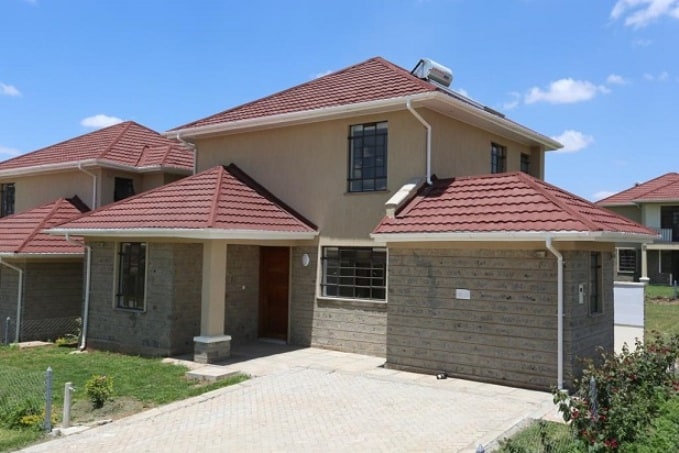When considering roofing options for residential or commercial buildings, it is essential to evaluate the economics involved. Stone-coated steel roofing tiles have gained popularity due to their durability, aesthetic appeal, and potential for long-term savings.
By examining both the upfront costs and the economic advantages they offer, individuals can make informed decisions about their roofing investments.
Stone-coated steel roofing tiles present an upfront cost that may be higher compared to traditional roofing materials. However, this initial investment is often offset by the long-term savings and benefits they provide.
These specialized tiles are engineered to withstand harsh weather conditions, such as extreme temperatures, heavy rainfall, and high winds.
Furthermore their exceptional durability significantly reduces the need for frequent repairs or replacements, saving homeowners and businesses substantial expenses over time. Moreover, stone-coated steel roofing tiles offer energy-efficient features that contribute to long-term savings.
The tiles’ reflective properties help to minimize heat absorption, resulting in reduced cooling costs during hot weather by creating a more thermally efficient environment, these tiles can potentially lower energy consumption and decrease utility bills.
Another economic advantage of stone-coated steel roofing tiles lies in their longevity. Unlike traditional roofing materials that may deteriorate over time, these tiles have an extended lifespan, often lasting for several decades.
This longevity translates into long-term savings, as the need for costly roof replacements is significantly reduced. Additionally, some manufacturers offer warranties for their stone-coated steel roofing tiles, providing customers with added peace of mind and potential cost savings in case of any unforeseen issues.
In terms of aesthetics, these roofing tiles provide a wide range of design options, allowing property owners to achieve the desired look for their buildings.
These tiles can mimic the appearance of traditional roofing materials such as clay tiles, wood shakes, or natural slate, while still offering the durability and benefits of steel.
This versatility enhances the overall value and curb appeal of the property, potentially increasing its resale value in the future.
Furthermore, these roofing tiles are known for their low maintenance requirements. Their resistant properties make them less prone to damage from pests, moisture, and mold, reducing the need for frequent inspections and repairs.
Meanwhile this characteristic not only saves homeowners and businesses on maintenance costs but also frees up valuable time and resources that can be invested elsewhere.












